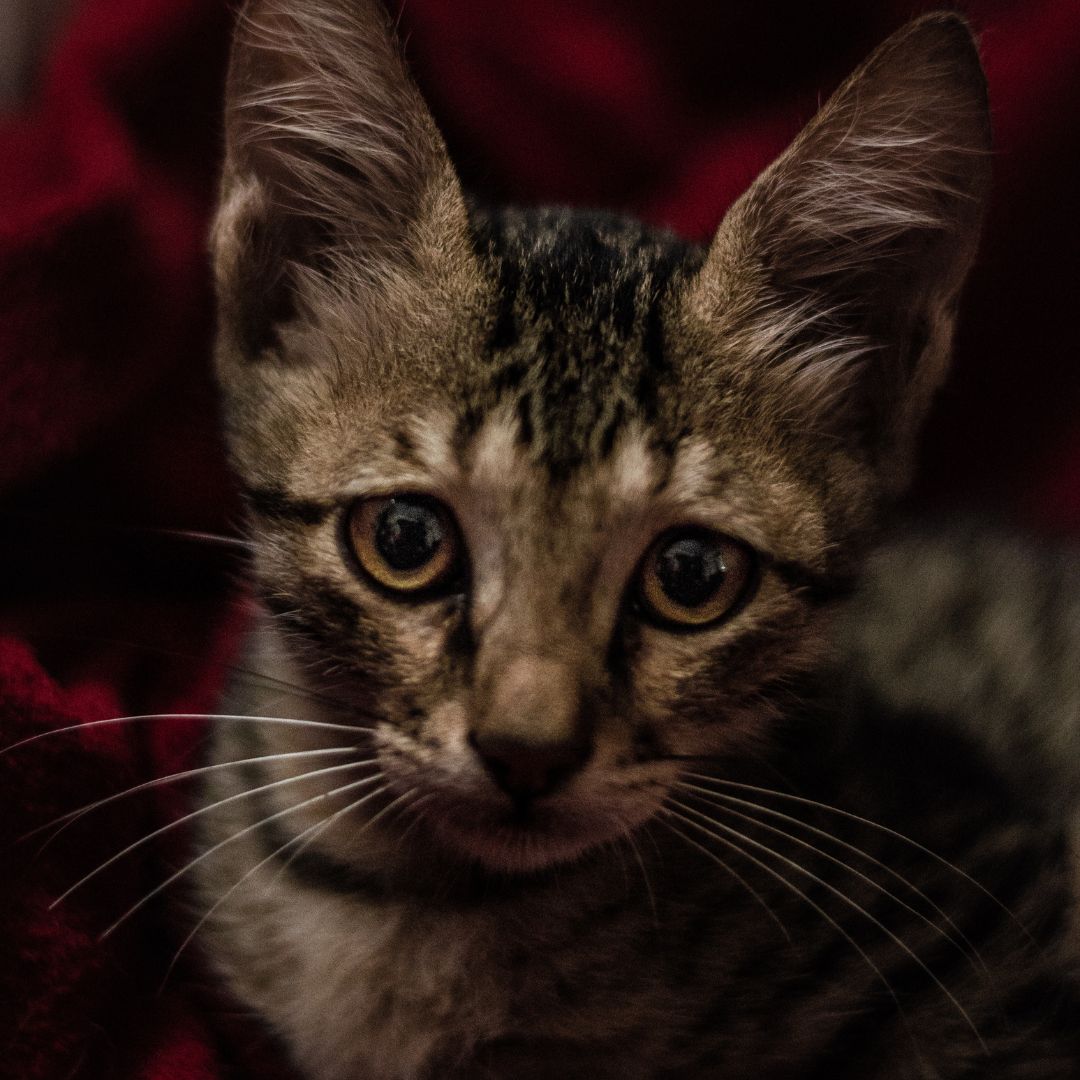
16 Things That Emotionally Hurt a Cat (Be Careful)
Share
Did you know that everyday actions, seemingly harmless, can deeply affect your cat's emotional well-being? Despite their often reserved appearance, cats are incredibly sensitive creatures. Ensuring their happiness means understanding what might emotionally hurt them. Here are 16 things you should avoid to keep your feline friend emotionally healthy and happy.
1. Avoid Physical Aggression
First and foremost, any form of physical aggression is a big no-no. Hitting, kicking, or any other form of physical abuse not only causes physical pain but also inflicts deep emotional wounds. Cats are sensitive beings, and such actions can shatter their trust and well-being.
2. Don't Neglect Their Basic Needs
Cats rely on us to meet their basic needs—food, water, and attention. Ignoring these essential requirements can make your cat feel abandoned and helpless, leading to emotional distress.
3. Provide a Safe Environment
Your cat needs a safe and comfortable environment to maintain their tranquility. This includes a cozy place to rest, a designated area for their needs, and a refuge where they can hide if they feel threatened. Without a safe environment, your cat may experience high levels of stress and anxiety.
4. Avoid Drastic Changes in Their Environment
Cats thrive on routine and familiar surroundings. Sudden changes, such as rearranging furniture or switching the type of litter in the box, can cause emotional upheaval. Keep changes gradual to avoid stressing your cat.
5. Don't Skimp on Attention
Your cat depends on you for their emotional and physical well-being. By providing enough attention and care, you strengthen the bond with your cat, making them feel loved and secure in your home.
6. Play With Them
Cats are naturally active and need regular playtime to stay healthy and happy. Lack of stimulation can lead to boredom and undesirable behaviors like scratching furniture or biting objects. Make playtime a regular part of your cat's day.
7. Provide a Safe Resting Place
Adequate sleep and rest are crucial for your cat's physical and emotional health. Ensure they have a quiet, cozy spot to retreat to—whether it's a soft bed, a box, or an elevated perch away from noise and distractions.
8. Gradually Change Their Diet
If you need to switch your cat’s diet, do so gradually. Introduce new food slowly by mixing it with their current food and gradually increasing the new food's proportion. Sudden dietary changes can lead to digestive problems and stress.
9. Give Them Enough Space
Cats need space to explore, stretch, and feel comfortable, especially if they live indoors. Providing shelves or cat trees can help them feel more at ease and happier in your home.
10. Don’t Ignore Their Communication Signals
Cats communicate subtly through their body language. Ignoring these signals can make them feel frustrated and ignored. For instance, if a cat stares at you and rapidly moves its tail, it may be expressing anxiety. Paying attention to these cues is crucial to maintaining their emotional well-being.
11. Don’t Drastically Change Their Routine
Cats are creatures of habit. Abrupt changes to feeding and cleaning schedules can be highly stressful, affecting their sense of security and comfort at home.
12. Avoid Exposure to Loud and Persistent Noises
Loud, constant noises can cause stress, anxiety, and fear in your cat. This may lead to behaviors like hiding or trying to escape. Prolonged exposure to noise can even impair your cat's hearing over time.
13. Minimize Stress-Inducing Situations
Certain situations, like introducing new pets or rearranging furniture, can be very stressful for cats. Identifying and minimizing these stressors can help maintain your cat’s emotional balance.
14. Provide Opportunities for Mental Stimulation
Cats are intelligent creatures that need mental engagement to avoid boredom and behavioral issues. Toys, puzzles, and interactive games can keep your cat mentally stimulated. Regular play sessions are also essential for their overall well-being.
15. Schedule Regular Veterinary Checkups
Routine vet visits are crucial for monitoring your cat’s health and catching any potential issues early. Since cats are skilled at hiding signs of illness, regular checkups are essential to ensure they lead a healthy, happy life.
16. Respect Their Boundaries
Cats have individual preferences and boundaries, just like humans. It’s important to pay attention to your cat’s body language to understand when they want space or affection. Respecting these boundaries builds trust and strengthens your bond.
By avoiding these 16 actions, you can ensure your cat remains emotionally happy and healthy. Remember, cats are sensitive beings that deserve our love and care. Treat them with the respect they deserve, and they’ll thrive in your home.
